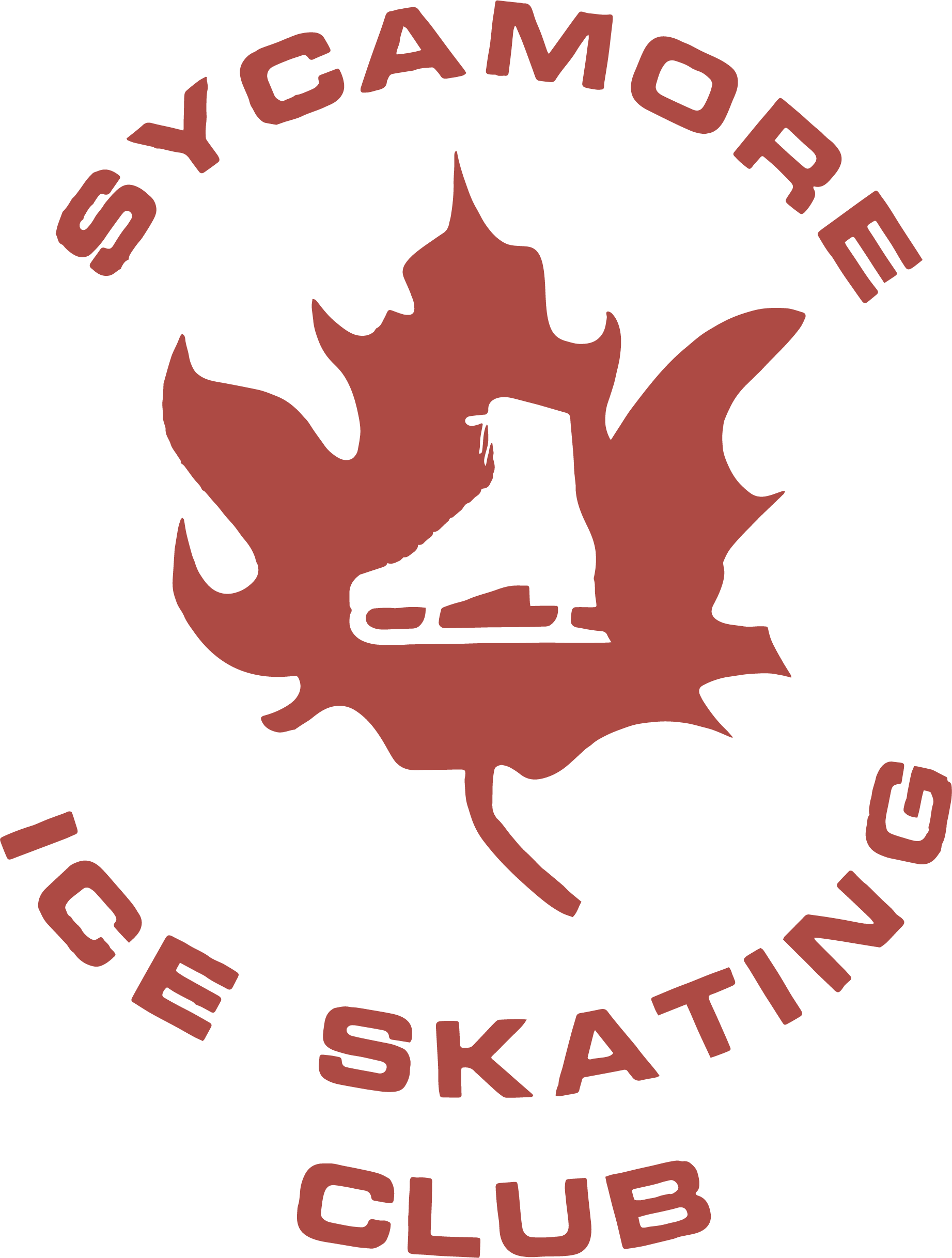Frequently Asked Questions
Read the questions and answers below to prepare for your first Learn to Skate USA class.
Have a question that hasn’t been answered? Send us a message.
When should I arrive at the rink on the first day?
We recommend new skaters arrive at the rink on the first day 30 minutes before the class begins. For Saturday classes, we will begin introducing coaches and dividing skaters into levels at approximately 10-15 minutes before the first class begins. We ask all skaters to have their skates on and be ready to listen to our Learn to Skate coordinator then.
My skater has to miss a class. Can we make up the lesson or receive a refund?
If time in the scheduled calendar permits, there may be make-up sessions, but it is not guaranteed. Refunds are not given for classes missed.
What should my skater wear to group lessons?
We recommend skaters wear layered, comfortable clothing, thin socks and gloves. Layered clothing prevents skaters from overheating. Socks should fit comfortably and snugly. Thicker socks often cause blisters. Not only do gloves keep your hands warm, they also prevent ice burn when falling.
Do we need to purchase skates?
How should skates fit?
Whether you’re renting or wearing your own skates, skates should fit tightly in the heel but allow the skater to wiggle his or her toes easily. You can start with shoe size, but you may need to switch your skates for a larger or smaller size depending on the brand and model. Lace skates tightly from toe to ankle, and then criss cross laces to the top of the skate. If you need help sizing or tying skates, notify a Sycamore ISC experienced skater, parent, coach or volunteer, and we will be able to help.
Should my skater wear a helmet?
U.S. Figure Skating strongly recommends helmets for beginner skaters of all ages. A helmet should be comfortable and snug. Be sure that it is level on your skater’s head — not tilted back on the top of the head or pulled too low over the forehead. It should not move in any direction. The chin strap should be secured so the helmet does not move during a fall. If your skater plans to wear a helmet, please bring his or her own.
My skater is struggling on an element in her level. Are there options to get extra help?
Most of our coaches are available for private lessons to assist with getting past the elements the skater is struggling with. You can ask the coach teaching their class, or ask at the club table for an available coach to contact.
What happens if my skater doesn't pass his or her level after completing a session of classes?
Skaters are tested on the last class day to determine if they have mastered the elements well enough to move up to the next level. Not all skaters will pass their level at the end of a session. Some levels include more challenging elements, and all skaters progress at their own pace. Our coaches are available on Saturdays following the hour of group lessons to explain which elements your skater needs to improve. We strongly encourage your skater to use the practice time given as part of your lesson fees. Also try to skate at a public session during the week to work on the elements needed to pass to the next level.
When can my skater compete?
Skaters as young as three year olds in Snowplow Sam can compete in U.S. Figure Skating’s Learn to Skate USA competitions. Local competitions are available each year in Indianapolis, Carmel and Columbus, Indiana. Ask at the club table for further information and a coach you can contact to assist you.
Have a question that's not answered here?
We understand skating can be a complicated sport, and we’d love to help clarify anything and answer all of your questions!
